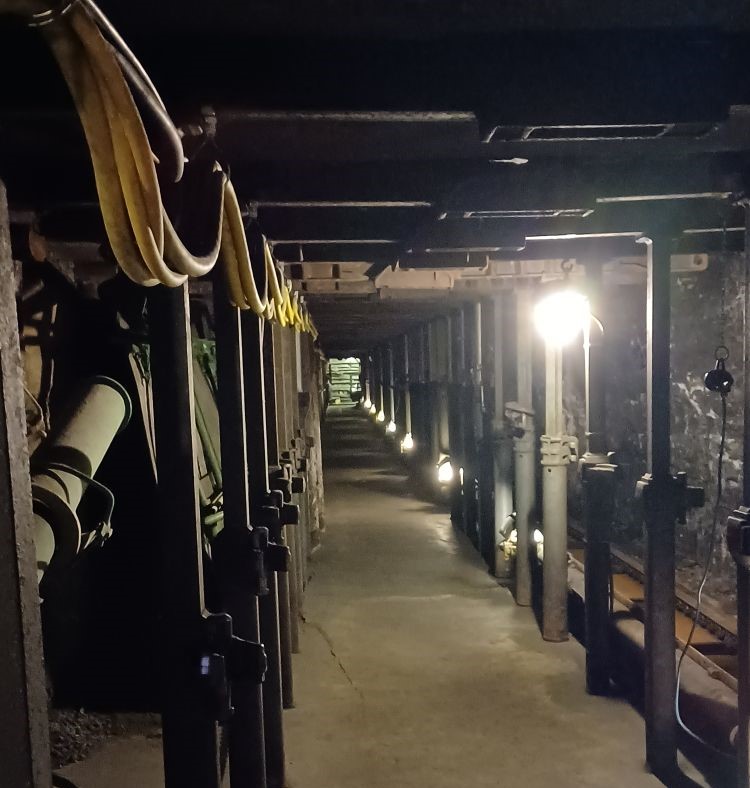
It is said that digitalisation will connect all people of the world. However, digitalisation is not only a technical solution, but also a cultural, practical and political challenge. We experienced this first hand in preparation for the seminar when we thought about finding a common messenger for communication between China and Germany. In China, many applications are regulated, and in Germany, many have reservations about using Chinese applications. Cultural and political differences manifest themselves in our smartphones and shape differences in everyday life.
In this seminar, we will use a feminist science and technology studies perspective to explore how data and their infrastructures shape local and regional cultural and gendered practices. We do this by looking at social media use, discourses of the smart city, and regional transformations through digital industries and infrastructures. The seminar unfolds partly in a ‘global classroom’ format with online exchange between our classroom and the classroom at Shandong University in Jinan (China), led by professor Xianghong Wu. In the global classroom, students from Ruhr-University Bochum and Shandong University meet and share their observations and experiences. The aim of the student encounters is to generate direct experiences of socio-technical diversity.
The seminar will unfold in five blocks, all of which take place on campus. From here, we will collaborate online with China in four of the blocks.
- The first block will introduce the literature and approaches of the seminar through a combination of lectures, discussions and group work. Please note that this session will take place on 3 April 2025 from 10 a.m. – 1 p.m. - one week before the official start of lectures.
- The second, third and fourth blocks will be ‘research blocks’ combined with the global classroom format. Each block consists of a) micro-research assignments and b) global classroom meetings:
a) The micro-research assignments on cultural and i) gender aspects of social media, ii) smart city discourses and iii) regional transformations. These assignments will involve observations, conversations, and digital methods. Students will conduct the research in their own local context - in Bochum or Jinan. One of the micro-research (iii) tasks will include a whole-day field visit to Grevenbroich on Thursday 3 April (after the first block), where a hyperscale data centre is in planning. During the field visit we will have conversations with local citizens and official representatives.
b) The global classroom sessions will take place on Thursday mornings. Students will share their local observations in small groups and reflect together on the different observations made by students from the other country. Key to the global classroom sessions is to engage deeply with the “other” local context, their practices, and experiences.
The seminar requires participation in obligatory field work.
- In the fifth block, students will present their findings in the transnational groups. After the presentations, we will have an hour of local discussions about the experiences of the intercultural encounters and about the cultural and gender aspects of the socio-technical research observations to finalise the seminar. The Global Classroom format is new at the RUB, and we are very interested in an open exchange about your experiences with it from a student perspective
Please be aware that seminar sessions start at 8:30 and 10:00 a.m. sharp (= s.t.!). Due to the intl. collaboration and diverging university schedules, we need those extra minutes, so please be on time. Thank you.
- Kursleiter/in: Estrid Sorensen
